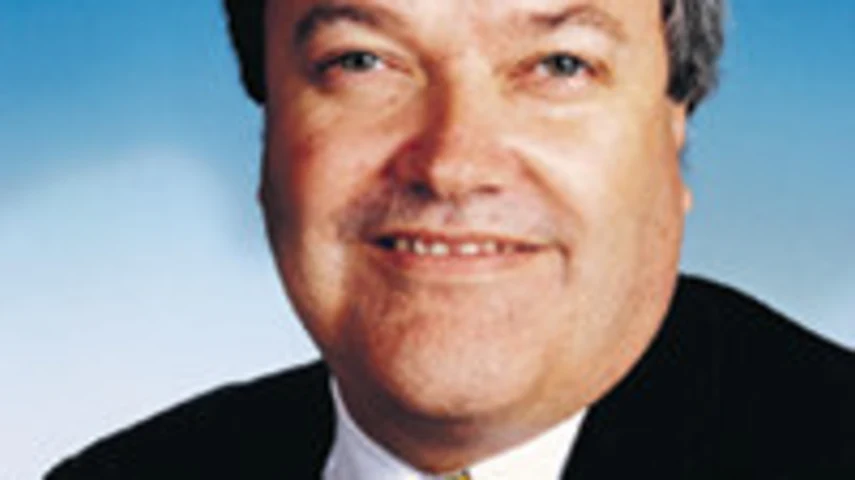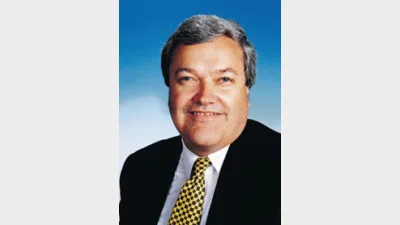Australian Investors' Association criticises advisers' education levels



The education levels required of financial advisers to provide complex financial advice are unacceptably low, particularly for older financial advisers, according to the Australian Investors’ Association (AIA).
The AIA criticised the education levels of financial advisers in a submission to the parliamentary joint committee on corporations and financial services, saying there is an urgent need to “upgrade” current financial advisers.
Despite efforts by the Financial Planning Association (FPA) to raise the levels of education for financial advisers, there is a large group of financial planners who are “very underqualified to give the complex sort of advice needed to survive in the investment markets,” the submission stated.
Financial planners must complete five post-graduate subjects on top of a pre-existing diploma in financial planning to earn Certified Financial Planning status in the FPA.
John Prowse, the managing director of Pinnacle Academy, said that it was a “common mistake” for people to think training can fix everything in the world.
Any difficulties with financial advisers are related to their commission arrangements and supervision, rather than their education, Prowse said. There are structural faults in the financial advice system, when advice based on commissions is about selling a managed fund to a client, and not about teaching them to “cut their credit cards in half” and put more into their super.
This is not a training matter, it’s the way the industry is structured, he said.
ASIC needs to enforce the existing standards of education, but increasing them won’t achieve anything, he said.
FPA chief executive Jo-Anne Bloch said the FPA requires a practitioner to have a minimum RG 146 qualification level and a minimum number of professional development (PD) hours. She said that while there may be older members who received their qualifications some time ago, their continuing PD days would certainly accommodate any issues.
Recommended for you
Equity offerings should be “seriously considered” by advice firms if they want to attract experienced advisers with the option viewed as a major differentiator for candidates seeking their next role.
DASH Technology Group has enacted two internal promotions, appointing a chief risk officer and chief commercial officer to strengthen the firm’s governance and operational capabilities.
The Stockbrokers and Investment Advisers Association has announced the appointment of its new chief executive following the exit of Judith Fox after six years.
Insignia Financial has appointed an experienced financial advice leader as head of education and advice on its Master Trust business, who joins from Ignition Advice,










